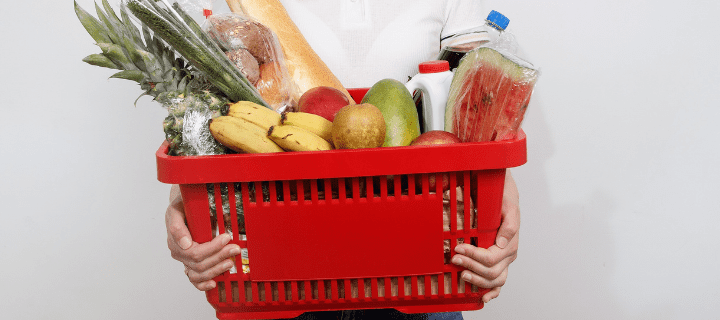
Rising inflation is a cause for concern for some, but there are opportunities if you know where to look. But what does it mean for your money and finances, and should you be worried about this recent increase?
At the end of 2021, the inflation rate rose to 5%, and it looks set to hit 6% by spring 2022. At its highest rate for 30 years, although it’s expected to reduce towards the end of the year, thankfully, shorter-term this may have an impact on mortgages, savings and investments. So, what’s caused this recent spike?
What’s causing rising inflation?
Inflation is the rate at which the cost of living increases. So, if the average bottle of milk cost £1 last year, and it increased by 5p this year, the inflation would be 5%.
Unfortunately, there’s been a spike in recent months, and inflation is rising faster than wages, meaning your money doesn’t go as far. A few factors have contributed to the recent rise in inflation. First, the Covid crisis had a big impact on our economy. As restrictions eased, people started buying things, but sellers have struggled to obtain enough of certain items to sell due to supply and demand issues. And when items become scarce, the prices go up – and so does inflation.
Secondly, the steep rises in oil and gas prices and unexpected events affecting manufacturing, such as flooding preventing electronics production, have added more fuel to the fire of rising inflation.
When the cost of goods goes up, so does the cost of living. But not everything will go up – in fact, the cost of some goods may come down.
Many people are worried about the high rates of inflation returning to levels last seen in the 1970s, but the Bank of England has made a statement assuring they do not believe this will happen. Instead, they expect it to return to 2% by the end of 2022.
What can be done about inflation?
The Bank of England does not control supply chains, the cost of goods, or the ever-increasing energy prices. But they can change interest rates, and this is one tool they use to help reduce rising inflation. By increasing interest rates, people are more encouraged to save, spending reduces and borrowing becomes more expensive.
At the time of writing, the bank rate (interest rate) has been increased to 0.25% from 0.1%. The Bank of England has set this rate to bring inflation back to 2%, which is known as their monetary policy. There is the possibility that interest rates may yet rise further, although they have assured this will not return to the very high bank rates seen in the 1980s.
What does rising inflation mean for your money?
Typically, cash suffers in times of rising inflation; interest rates can’t keep pace, even despite the Bank of England temporarily increasing the base rate slightly. Not to mention fixed wages or pension incomes struggling to keep up. So in times of rising inflation, cash may not be king.
Warning: If you are on a variable rate mortgage or a fixed-rate mortgage that is due to end, it is worth checking to see if you can change your mortgage deal to avoid paying higher repayments each month. The Bank of England will avoid increasing interest rates as best they can, so your savings may not see the benefit. Also, if you’re looking to withdraw money at a time of heightened inflation and low-interest rates, your money won’t have the same buying power it did when you put it in.
The Government also recently suspended the triple lock guarantee for the State Pension, reducing just to a double lock – inflation or 2.5%, and removing the average earnings component. As a result, the increase in April will be based on CPI in September 2021, at just 3.1%, much lower than the current cost of living.
Possible wins: If you have savings and your account has a variable interest rate, you may benefit from the higher interest rates if the Bank of England has to increase rates even further. There may be opportunities if you have a diverse investment portfolio – stocks and share prices could increase for certain commodities.
It’s also crucial to budget and track your spending in times of rising inflation. If you look after the pennies, then the pounds look after themselves. As part of our cash flow modelling, we make assumptions about the cost of living and stress test your finances to ensure you can afford to continue the same standard of living in times like these.
It’s worth bearing in mind that higher interest rates don’t work straight away; they will take time to make an impact. So, in the meantime, make sure you understand exactly how the recent changes in inflation and interest rates are likely to affect your money and finances.
If you’re worried about rising inflation and how you might be impacted, get in touch to speak to our independent financial planners.
Sources:
- https://www.bankofengland.co.uk/
- https://www.investopedia.com/articles/basics/10/protect-portfolio-from-interest-rates.asp

